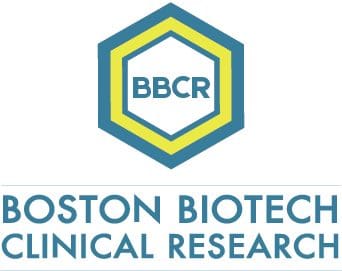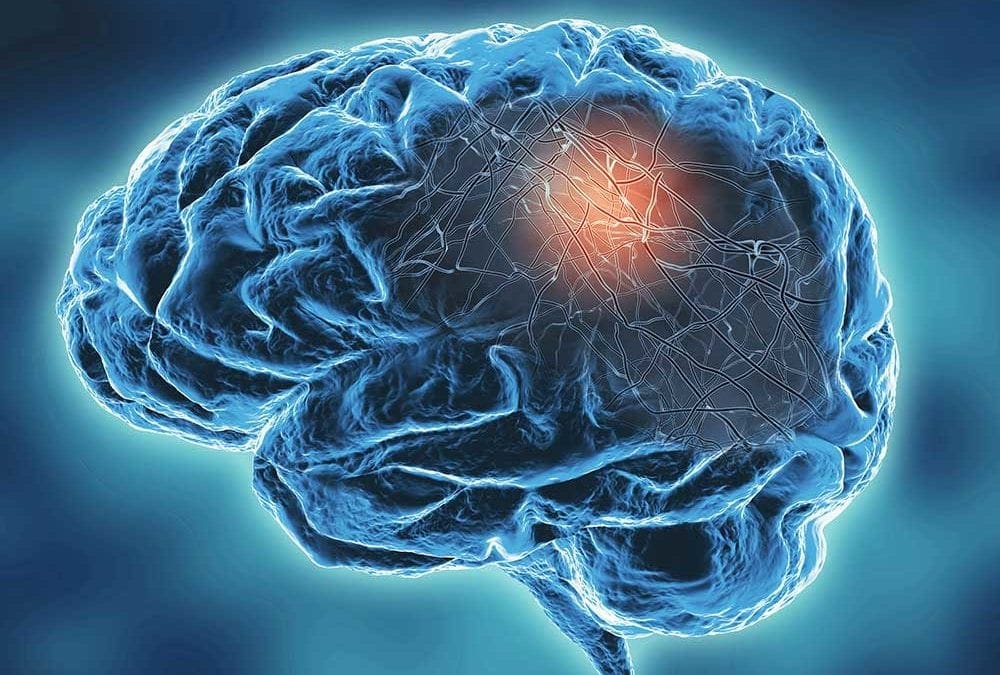Lesions in the lungs of patients with pneumonia caused by a SARS-CoV-2 infection are distinct from those caused by bacteria.
SARS-CoV-2 is known to damage lung tissue as many COVID-19 patients develop pneumonia, which can progress to respiratory failure and sometimes death. In chest CT scans lungs of COVID-19 patients show cloudy lesion patterns that resemble shards of glass or reticular lines within the opaque lesions that look like irregular paving tiles, which occur around the peripheries of both lungs.
In China, CT scans COVID-19 diagnostic tool has been adopted when a patient arrives at a healthcare setting with fever and a suspected infection. This approach has not been adopted in the United States.
It important to say that the described CT scans lung manifestations of COVID-19 patients are present in patients with advanced pneumonia.
For this reason, viral detection in nasal swab samples analyzed by RT-PCR should remain the recommended tool for the diagnosis of COVID-19.
Regardless, artificial intelligence (AI) achievement like this one must be recognized as a real application and validation of AI capability and applicability in disease diagnostic.
Application of AI in rare disease diagnosis may provide a unique approach to help assessing neurodegenerative symptoms for patient enrichment in drug development.

Specializing in rare disease, Boston Biotech Clinical Research works with biotech, pharmaceutical, device companies and investors to streamline the clinical trial process. Our experienced team helps each client reach their specific goals by customizing a clinical and regulatory road map of simplified programs and streamlined protocols to meet our clients’ requirements.

